I know people usually post about their summer reading plans at the beginning of the summer. This makes perfect sense, and in all honesty, had I thought about it, I would have too. However, it is August, and here I am. I do think there is something to a summer reading post late in the summer though. I can give some honest feedback about things I have managed to read, and there is still time to get some more reading in before many of us go back to school. So here goes…
Things I have finished reading:
For my professional life:
1. Brain Rules by John Medina –
This is an excellent, easy to read book written by a neuroscientist. It has implications for all of us, but the twelve major rules he discusses are critical for educators to understand and consider. The book is written with the brain rules in mind, so Medina is sure to use stories, adjust topics, and use repetition according to what works best for the brain. I found this book to be reaffirming as far as some of my thoughts about teaching, and also concerning (when thinking about many of the difficult to change policies that are not in line with brain research.) I definitely recommend this one!
2. Conferring with Readers by Jennifer Serravallo and Gravity Goldberg –
This book is about the conferring component of reader’s workshop, and it is written by two teachers that have studied at the Teachers College in New York. We have been doing a book study with this one with many teachers from my school over the summer. I confess, I have mixed feelings. As a teacher who has studied and been implementing reader’s workshop for seven years now, I don’t think it is the best pick for me. The book is basic is many of its concepts, and does not have a lot new to offer to someone who has already read Calkins, Collins, and other leaders in the reading workshop world. Having said that, I do think it could be very helpful to a teacher that is just starting out with reading workshop. Conferring is one of the last components to really focus on, and the tone and storytelling method of this book could make conferring less intimidating for teachers new to workshop.
For my personal life:
3. The Paris Wife by Paula McClain –
This was a gripping read. I have become fascinated with the literary world in the 20s, and I truly enjoyed this piece of historical fiction. Once a few chapters in, I devoured the rest quickly.
4. Call Me Zelda by Erika Robuck –
Another great novel, this time about Zelda Fitzgerald. It was another fast read, and I really enjoyed it. I do wish there had been a little more history to pair with the fiction, but I enjoyed it all the same.
5. Z by Therese Anne Fowler –
The last of my historial fiction pics about literary figures. I am still in the middle of this one, and I love it. It is a perfect reading pair with The Paris Wife, and this has absolutely inspired me to read the original works by both Fitzgeralds.
6. Wicked by Gregory Maguire –
I know this is not a new release or anything, but I finally found the time to read it. I loved the broadway show, with no previous knowledge of the story. I had been told that the book is a bit heavier, but that I did not mind. I very much enjoyed the first half of the book, and was intrigued by the political and “historical” context created in Oz. I lost interest in the second half, and was a tad disappointed with the end. I honestly preferred the play. The story line veered, and whoever wrote the script for the play seemed to take the skeleton that Maguire created and make a much better, tightly written story with it. I am the first in line with people who say the book is always better, but this time I would go for Broadway.
Things that are still on the list:
1. The Social Neuroscience of Education by Louis Cozolino –
I have had this book in my hot little hands for months now. I have tried to start a book study, and I have read several chapters. I have been fascinated by what I have read, but for some reason have not made much progress. Maybe the hardcover intimidates me – I don’t know. Either way, I want to finish this one over the summer. It is a look at how brain science is not enough when teaching. We cannot simply say that our practice or ideas are consistent with brain based learning. Instead, we must consider the social nature of what we do, and how relationships impact learning.
2. Designs for Living and Learning by Deb Curtis and Margie Carter –
This is a book all about transforming early learning environments. With the Reggio philosophy that the environment is the third teacher in mind, this book gives thoughtful consideration of how to create an enriching space in which children can learn. I am very excited to dig into the ideas in this one as I revamp my classroom.
I am sure more titles will creep on to my list, especially as I run out of summer time. And that is exactly what I want! Please, tell me what you are reading, and what you recommend!

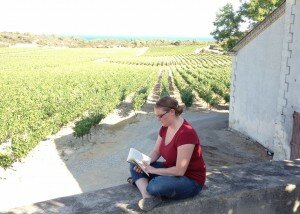
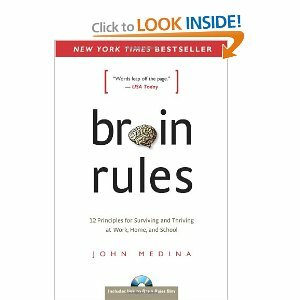

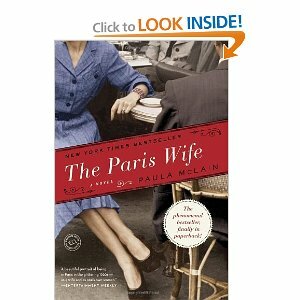
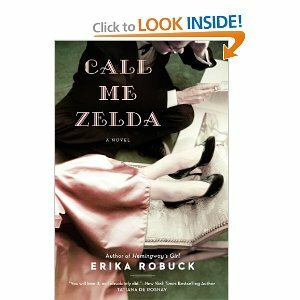



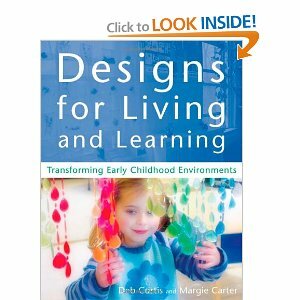
Comments are closed.